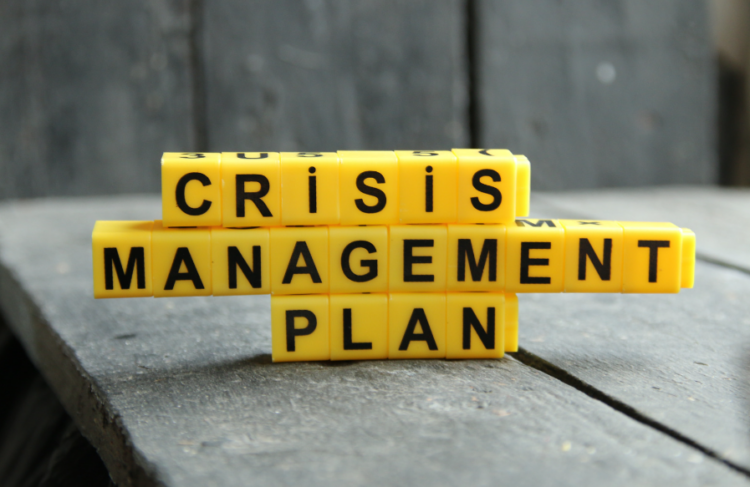
The last three years have seen immense social, economic, and public health upheavals that have tested every organization’s leadership. With so many crises impacting their people, customers, and communities, companies need a plan to respond to the mental health challenges that ensue. Businesses with the right strategies to support their employees, both during and after a crisis, can avoid pitfalls to emerge stronger and more resilient.
It can often feel like we have entered an era of permanent crisis. This includes high-profile, large-scale crises like the Covid-19 pandemic, surging inflation, the war in Ukraine, the climate crisis, or the epidemic of gun violence. But it also includes more localized crises and impacts, such as public health emergencies, natural disasters, cyberattacks, workplace violence, and others.
All these crises take a toll on mental health. Almost everyone affected by an emergency will have some form of psychological distress, such as feelings of anxiety, hopelessness, difficulty sleeping, fatigue, and anger. And the constant news of catastrophe, both close and far from home, can also impact employees’ mental health.
In this environment, organizations need to plan and prepare for crisis. According to a PwC survey, fully 95 percent of business leaders agree that their organization needs to improve its crisis management capabilities. Just consider those who know best: a Capterra survey of business leaders who have been through a crisis found that 84 percent would increase practice and nearly 75 percent would increase communication tools and scope of the plan.
The pandemic is a telling example. Most organizations were caught flat-footed: more than 70 percent of leaders reported that their company experienced negative impacts. Yet 20 percent said the pandemic actually had a positive impact, especially those who took an intentional approach to building organizational resilience. Critically, these businesses did not necessarily expect a global pandemic – they simply had the capabilities in place to respond to any crisis.
Leveraging insights from One Mind at Work’s Q1 Member Roundtable, leading companies can follow a three-pronged strategy to protect, promote, and provide the needed resources for responding to a crisis.
1. Protection
Protect mental health by minimizing risks that can negatively affect workers’ well-being. Identify hazards and the vulnerable employees or other stakeholders that would be most impacted in the case of an emergency. Develop budgets for crisis management, a communication plan, and crisis response team to ensure that affected communities will have the information they need to keep themselves safe.
2. Promotion
Promote broad employee awareness and support for mental health, while educating managers in particular on how to respond in emergency situations. Before, during, and after a crisis, leaders should encourage workplace conversations to remove mental health stigma and reinforce a psychologically safe company culture. A variety of programs can prepare managers to respond to potential mental health crises, such as the Question Persuade Refer Institute and Mental Health First Aid Training. These build knowledge on mental health, substance abuse, and suicide prevention, which can then be applied to a range of different emergency scenarios.
3. Provision
Provide access to critical information, services, and resources. Organizations should plan to direct people to resources such as Employee Assistance Programs, Employee Resource Groups, financial support programs, trained counselors, and hotlines. Demonstrate empathy to employees and affected communities to respectfully address the emotional and psychological toll of an emergency event. Additionally, employers must measure the impact programs are having through tools that quantify impact over time, like the recently launched Mental Health at Work Index.
These capabilities may be needed even when the emergency in question does not directly affect employees. In 2018, MetLife Executive VP and CHRO Susan M. Podlogar responded to news coverage of high-profile celebrity suicides with a letter to employees acknowledging the prevalence of mental health struggles. The letter centered empathy and vulnerability, while directing employees to EAP info, trained counselors, and hotlines.
Or viewed another way: our deeply connected world means that a crisis anywhere can have wide-reaching impacts on mental health. Crisis can be an opportunity for companies to learn and grow, but only if they can succeed in supporting employee wellbeing when it’s needed most.